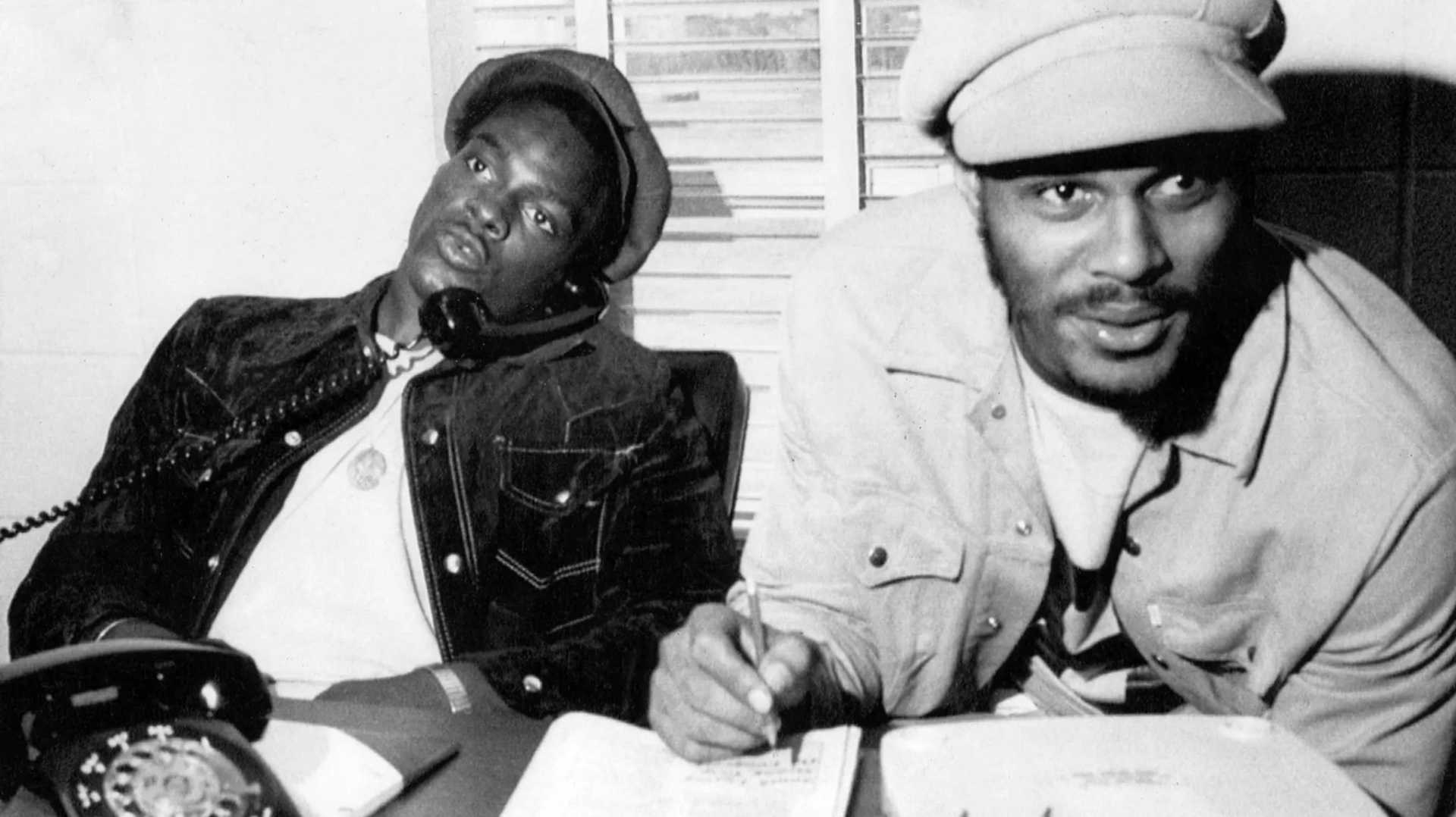Sports
Remembering Walter Payton and Robert Brazile’s Historic Draft Day

JACKSON, Miss. — On Jan. 28, 1975, Walter Payton and Robert Brazile waited for crucial phone calls inside John W. Dixon Hall at Jackson State University. It was the day that changed their lives forever as they became the first teammates from a historically Black college or university to be selected in the first round of the NFL draft.
Both athletes had already made a mark in college football. Just weeks before draft day, the pair dominated the 1975 Senior Bowl, playing on a team coached by San Francisco 49ers’ Dick Nolan. Payton, who by then was college football’s all-time scoring leader, earned the title of Most Outstanding Offensive Player in that game, a sign of his bright future.
The Chicago Bears picked Payton at No. 4, while the Houston Oilers selected Brazile at No. 6, marking a watershed moment for Jackson State University. “We were accustomed to their excellence,” said a longtime professor at JSU. “JSU had reached a new level.”
Brazile and Payton’s successes were celebrated, but the day was also a whirlwind. They quickly left campus on borrowed motorcycles, evading eager reporters as they celebrated together before their teammates received their own calls.
Though they were ready to step into professional football, they were navigating a new world without agents. JSU football coach Bob Hill introduced them to attorney Bud Holmes, who would guide them through their burgeoning careers.
During negotiations, Holmes helped Payton secure a contract nearly eclipsing what future stars like Archie Manning made. Payton’s commitment to the NFL paid off, fulfilling his dream of helping his family.
While Brazile initially thought he would join the Dallas Cowboys, he was taken aback when Oilers head coach Bum Phillips called his name. “We made history and didn’t even know it,” Brazile later reflected.
Both Brazile and Payton went on to have successful careers. Brazile signed a three-year deal worth up to $250,000, becoming the highest-paid rookie in Oilers history, while Payton eventually became a Pro Football Hall of Famer.
Their journey also highlights the evolving landscape of college football, as Black athletes began integrating predominantly white programs throughout the late 1960s and early 1970s.
As Jackson State prepares for the 50-year anniversary of the 1975 graduating class, Richard Shaw, a JSU alum, reflects on the significance of Brazile and Payton’s achievements. “JSU was like a Power Four school in the 1970s,” he stated. “When Walter died, I cried like he was a member of my family.”
From a small university to the heights of professional football, the legacy of Walter Payton and Robert Brazile continues to inspire future generations of athletes at Jackson State University and beyond.












